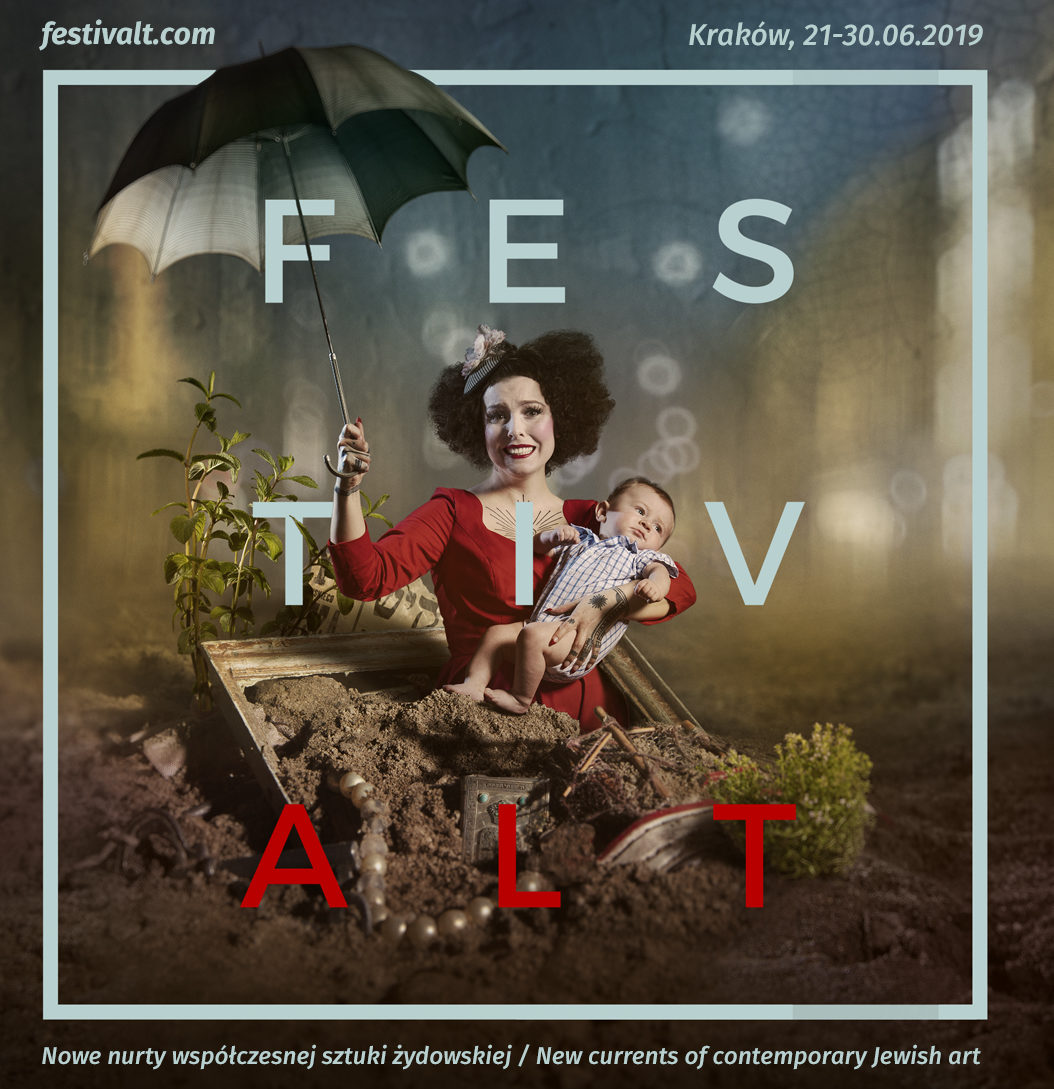

Keynote speakers
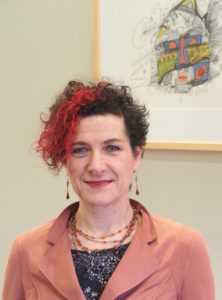
Dorota Głowacka
Dorota Głowacka is Professor of Humanities at the University of King’s College in Halifax, Canada, where she teaches classes in critical theory, Holocaust and genocide studies and gender studies. Glowacka obtained an M.A. (in English) at the University of Wrocław, Poland, and a Ph.D. (in Comparative Literature) at SUNY, Buffalo. She is the author of Po tamtej stronie: świadectwo, afekt, wyobraźnia (From the Other Side: Testimony, Affect, Imagination, Warsaw, 2017) [On the other side: testimony, affect, imagination] and Disappearing Traces: Holocaust Testimonials, Ethics, and Aesthetics (Washington UP, 2012). She coedited Imaginary Neighbors: Mediating Polish-Jewish Relations after the Holocaust (Nebraska UP, 2007) and Between Ethics and Aesthetics: Crossing the Boundaries (SUNY Press, 2002), and edited a special issue of Culture Machine (2006), entitled “Community.” Glowacka has published numerous book chapters, journal articles, personal essays, reviews, and encyclopedia entries in the area of Holocaust studies and genocide studies and critical theory. She is a member of the Academic Committee at the Mandel Center for Advanced Holocaust Research at the United States Holocaust Memorial Museum. Her current projects focus on gender and gencoide, and on the intersections of the memories of the Holocaust and settler colonial genocide in North America.
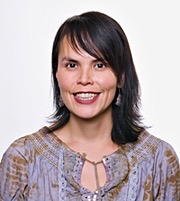
Lorena Sekwan Fontaine
Lorena Sekwan Fontaine is Cree-Anishinabe and a member of the Sagkeeng First Nation in Manitoba, Canada. She is the Indigenous Academic Lead at the University of Winnipeg and an Associate Professor in the Department of Indigenous Studies. Dr. Fontaine has taught for the First Nations University of Canada and the School of Public Policy Graduate Program at Queens University. She has spoken nationally and internationally and has authored articles on residential school issues and Indigenous language rights in Canada. Her PhD research was presented in a CBC documentary entitled “Undoing Linguicide.” She has also worked with the Assembly of First Nations as an advisor on Indigenous languages and linguistic rights.
Since 2003, Dr. Fontaine has been an advocate for Indigenous Residential School Survivors as well as their descendants. She was a task force member and contributor to the Assembly of First Nation’s Report on Canada’s Dispute Resolution Plan to compensate for abuses in Indian Residential Schools. Dr. Fontaine also acted as a legal consultant to the Toronto law firm Thomson, Rogers in a National Class Action on Indigenous Residential schools.
Most recently, Dr. Fontaine has been involved with a Digital Storytelling project on the Intergenerational Legacy of the Residential Schools. Last year, she was a co-organizer of an educational forum on the legacy of the residential schools and the Holocaust with the United States Holocaust Memorial Museum. Recently she spoke at Holocaust Education Week in Toronto, Canada on the legacy of memory and the impact of genocide deniers.
Artist Bios
Indigenous Artists

Barry Bilinsky
Barry Bilinksy is a professional theatre creator of Metis, Cree and Ukrainian heritage. Based in Alberta, his work spans several disciplines: as a theatre director, writer and clown based performer across the spectrum of community driven projects to professional theatre. As a curator, stage manager and technical/production manager, Barry has toured Canada with projects centred primarily around the proliferation of Indigenous arts, artists and collaborations. He studied drama and English at the University of Alberta, gaining a Bachelor of Arts degree in 2012. Barry is an Artistic Associate with Dreamspeakers Indigenous Film Festival and Associate Director with Akpik theatre, as well as having been involved in many capacities with: Alberta Aboriginal Performing Arts; The Making Treaty 7 Cultural Society; Iiniistsi Treaty Arts Society (REDx Talks); Fool Spectrum Theatre; among others. Barry is committed to developing honest, respectful, and purposefully compassion creations that challenge the overarching cultural assumptions we often face in the performing arts community.
Dr. Debby Wilson Danard
Dr. Debby Wilson Danard (PhD, MEd, BEd) is an Anishinaabekwe traditional knowledge practitioner, visual and performance artist, lecturer, writer, water protector, life promotion ambassador and sturgeon clan member from Rainy River First Nation.
As a multidisciplinary artist and social, justice education scholar; Debby has advanced cultural visual literacy engaging Anishinaabe knowledge systems and land-based learning to expand individual and collective community Indigenous visual (sensory) cultural expression. Recently awarded a 2019 Provost Postdoctoral Fellowship in the Women and Gender Studies at the University of Toronto, she is writing her first book, that engages both graphic and creative narrative to re-interpret her original doctoral research, “Medicine Wheel Surviving Suicide- Strengthening Life Bundle” (2016). As a reciprocity, this revision will challenge dominant colonial interpretations of Indigenous history, identity, culture (languages and land), traditional knowledge and ceremony as archival artifacts.
As a Suicide Prevention Coach at the Ontario Centre of Excellence for Child and Youth Mental Health, she co-founded the Feather Carriers: Leadership for Life Promotion (2015) an aspiring national wise practice for youth mental health and wellness. She also held a postdoctoral fellowship at Waypoint Centre for Mental Health Care (2017), and is owner of Union Star Consulting Life Teachings Lodge. As a leader for change, Debby strengthens life from the heart of Indigenous identity, sovereignty and autonomy as an evolving, creative, and living continuum of knowing and being.
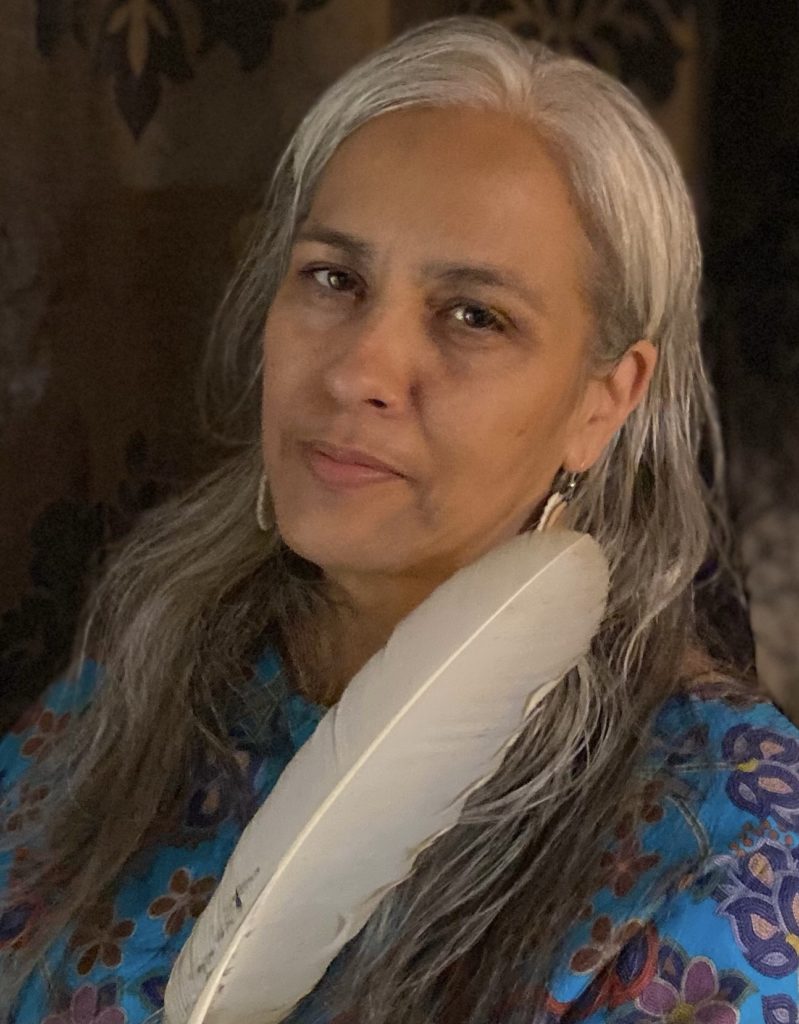
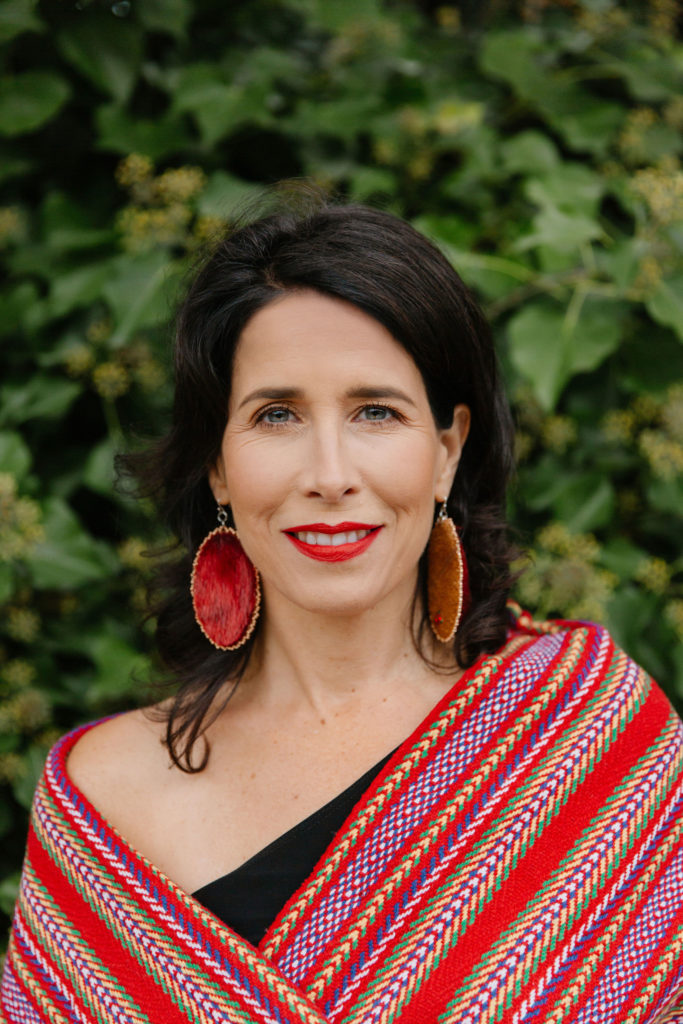
Andrea Menard
Andrea Menard is an accomplished Métis singer, songwriter, actor, speaker, and the founder of the Sacred Feminine Learning Lodge. One of the stars of the APTN/Netflix series, Blackstone, Andrea is a five-time Gemini-nominated actress, a 15-time music award winner, and her TEDx Talk called “Silent No More” has reached over 126,000 views. Andrea has released 4 critically acclaimed albums, and her new symphony Pops concert, called Rubaboo, will debut with the Regina Symphony Orchestra in November 2020.
As a creator of original work, Andrea’s one-woman musical The Velvet Devil toured across Canada and was adapted into a made-for-television movie for the CBC television series, Opening Night. She wrote and starred in Sparkle, a 70-minute holiday tv special that broadcast on APTN for 7 consecutive seasons. And her first symphony Pops concert, I am Andrea Menard, debuted with the Regina Symphony Orchestra in 2014. Andrea has acted in over twenty debut plays across Canada, including Kevin Loring’s Thanks for Giving and Floyd Favel Starr’s Governor of the Dew.
Andrea is a proud member of the Metis Nation of Canada. Born in Manitoba, she carries the Anishinaabe name, Skooteah Equahh, which means Fire Woman.
Monique Mojica
Monique Mojica (Guna and Rappahannock nations) is passionately dedicated to a theatrical practice as an act of healing, of reclaiming historical/cultural memory and of resistance. Spun directly from the family-web of New York’s Spiderwoman Theater, her theatrical practice embraces her artistic lineage through mining stories embedded in the body in connection to land and place. Monique has taught Indigenous Theatre in theory, process and practice at Brown University, the University of Illinois, the Institute of American Indian Arts, McMaster University and is a former co-director of the Centre for Indigenous Theatre. She has lectured on land-based embodied research and taught performance workshops throughout Canada, the US, Latin America and Europe. She was most recently seen onstage in the role of Aunt Shadie in Marie Clements’ The Unnatural and Accidental Women, the inaugural production of the new Indigenous Theatre department at The National Arts Centre, with the National Arts Centre Orchestra in the European tour of I lost my Talk as part of the Life Reflected series, Izzie M: The Alchemy of Enfreakment written by Monique with a diverse artistic collaborative teamand in Tara Beagan’s Honour Beat for Theatre Calgary. Upcoming projects include the role dramaturg for Kaha:wi Dance Theatre’s Sken:en created by Santee Smith. She is the founder and Artistic Director of Chocolate Woman Collective.
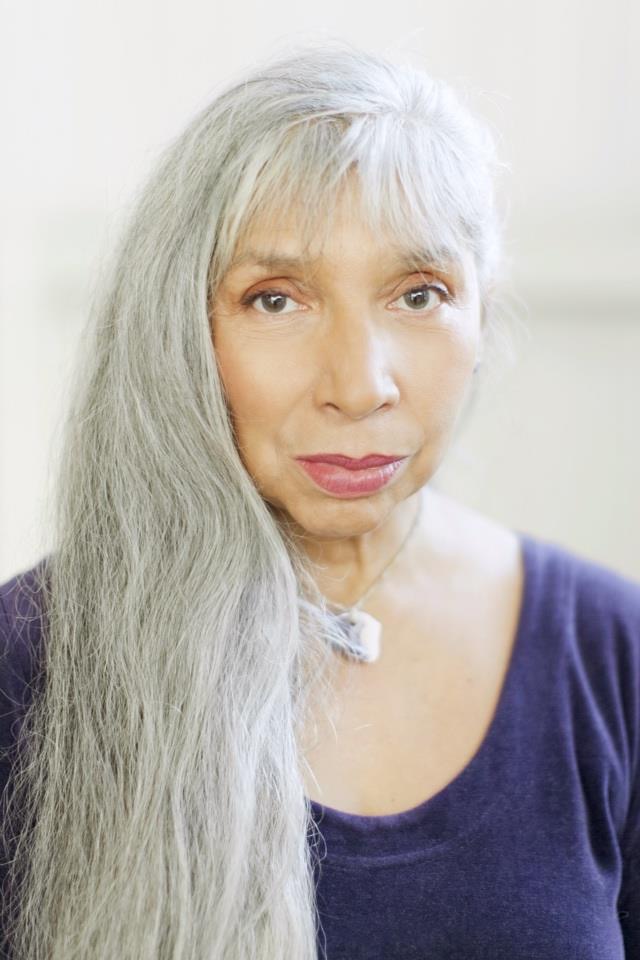
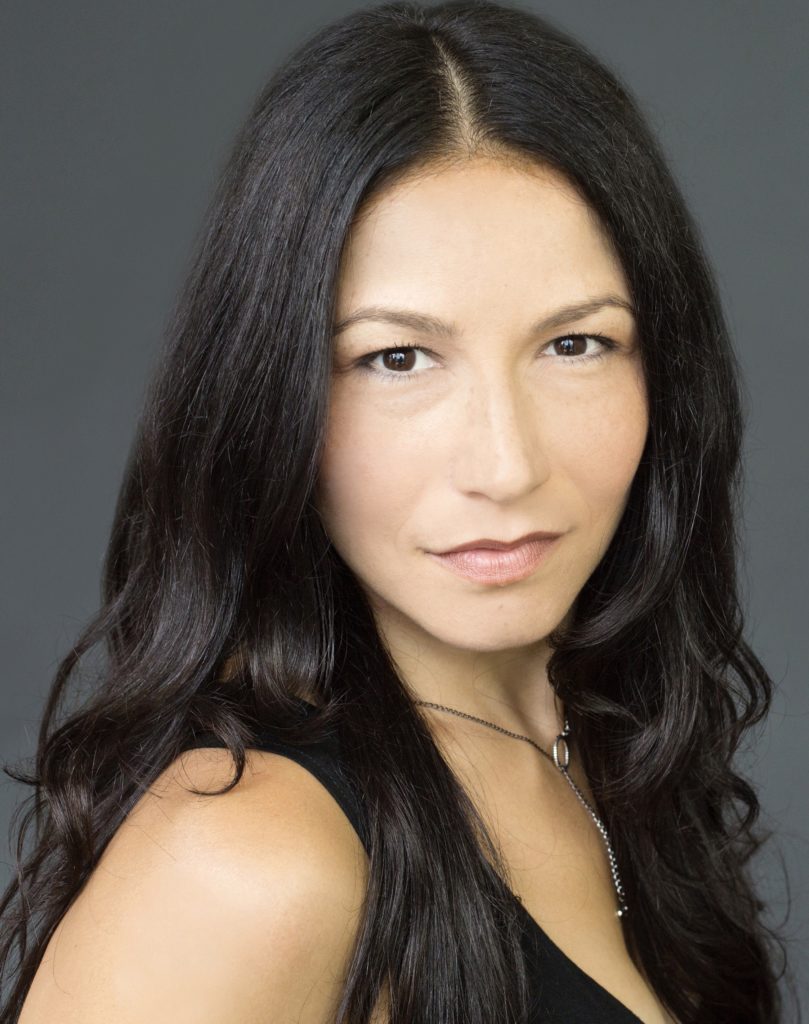
Tamara Podemski
Tamara Podemski is an Anishinaabe/Ashkenazi multi-disciplinary artist born and raised in Toronto. She is a graduate of the Claude Watson School for the Arts, where she studied dance, theatre and music throughout its 10-year program. For over 25 years, her work has spanned across all mediums with credits such as DANCE ME OUTSIDE, THE REZ, READY OR NOT, THE LESSER BLESSED, CORONER, RUN and the Broadway company of RENT. In 2007, Tamara received the Special Jury Prize for Acting at the Sundance Film Festival, as well as earned an IFC Spirit Award nomination for her role in Sterlin Harjo’s FOUR SHEETS TO THE WIND. After returning to the stage, she earned a Jessie nomination for her role in Marie Clements’ multi-media stage play THE EDWARD CURTIS PROJECT and, under the direction of Jani Lauzon, Tamara starred in Colleen Wagner’s Governor General’s Award Winning Play THE MONUMENT which was hailed as one of the “10 Best Theatre Productions of 2018” in Canada. Recently, she joined the all-Indigenous cast of Keith Barker’s THIS IS HOW WE GOT HERE which won a 2020 Dora Award for Outstanding New Play. As a singer, Tamara has released 2 albums in the Anishinaabe language, Spirit Nation and Spirit Voices. Her self-titled album, TAMARA, released in 2006 under her music label, Mukwa Music, won her 2 Aboriginal Music Awards for Best Female Artist and Best Songwriter. Her music video “Meegwetch” also won Best Video at imagiNATIVE Film Festival in Toronto and American Indian Film Festival in San Francisco. Behind the camera, Tamara has written 2 seasons of the TV documentary series FUTURE HISTORY that celebrates the “rematriation warriors” who are indigenizing the First Nations experience in Canada. She was nominated for Best Factual Writing at the 2020 Canadian Screen Awards. Next year will see Tamara in front of the camera again, starring alongside another all-Indigenous cast in UNSETTLED, the first dramatic series to be funded by the CMF Aboriginal Language Program. She will also join the cast of the Amazon Drama Series OUTER RANGE by New Dramatists Resident playwright Brian Watkins.
Polish Artists
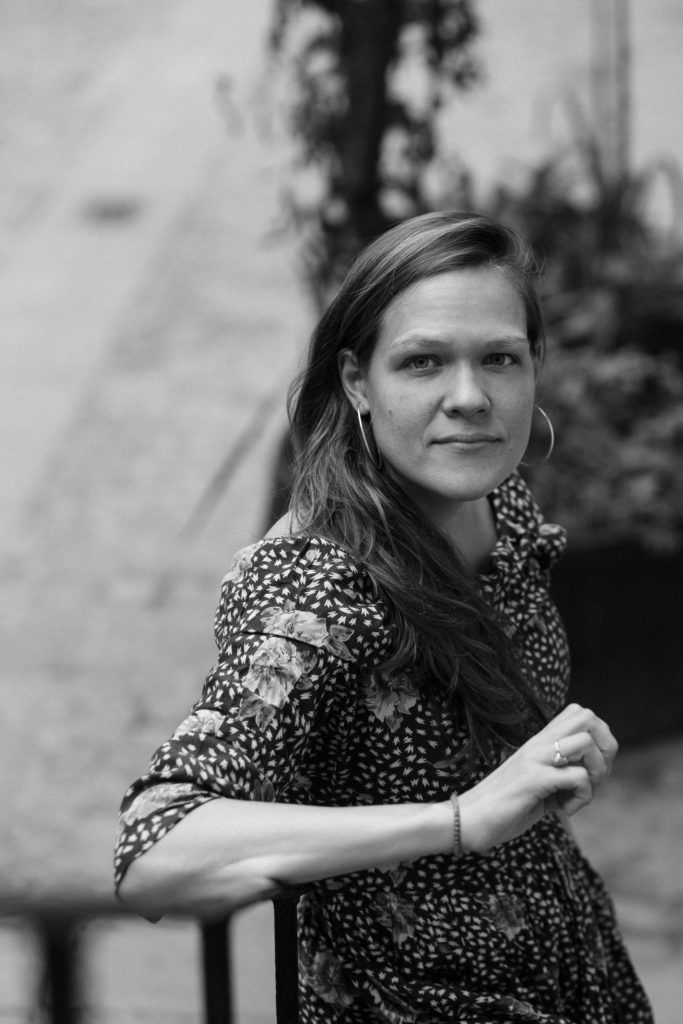
Maniucha Bikont
Maniucha Bikont is a singer of contemporary and traditional music. She plays the tuba, accordion, and other big and small instruments. She has participated in dozens of music and theatre projects and collaborated with musicians from all over the world. More recently, she has performed in the Maniucha i Ksawery duo, played with the band Tęgie Chłopy, collaborated with Assaf Talmudi, and has taken part in the Japanese project IMA Song Lines. She performs works by contemporary composers and writes music for film and theatre. She has travelled to Europe, Asia, and North America with her music and other live performances. Her most personal album to date is Oj borom borom, co-recorded with Ksawery Wójciński. She has received numerous grants and music awards. Traditional music is her main passion – for many years, she has travelled across Central and Eastern Europe, recording songs and music.
Maria Magdalena Kozłowska
Maria Magdalena Kozłowska is a performer, writer and director. She works with mixed media materials, using voice, video and live performance. In 2013 she graduated from College of Inter-Area Individual Studies In the Humanities and Social Sciences, University of Warsaw. In 2020 she graduated from DAS Theatre program at the Academy of Theatre and Dance in Amsterdam.
Since 2006 she’s been collaborating with art institutions and private galleries (MoMA Warsaw, Raster Gallery, Dawid Radziszewski Gallery), as well as with artists and choreographers (Sharon Lockhart, Marta Ziółek, Alex Baczyński-Jenkins). In her video pieces and performances she researches affectual labour of the singing voice. She works with opera singers, exploring the entanglement of voice, language and social status. Her practice concentrates on non-normative female voices and praises female eccentricity.
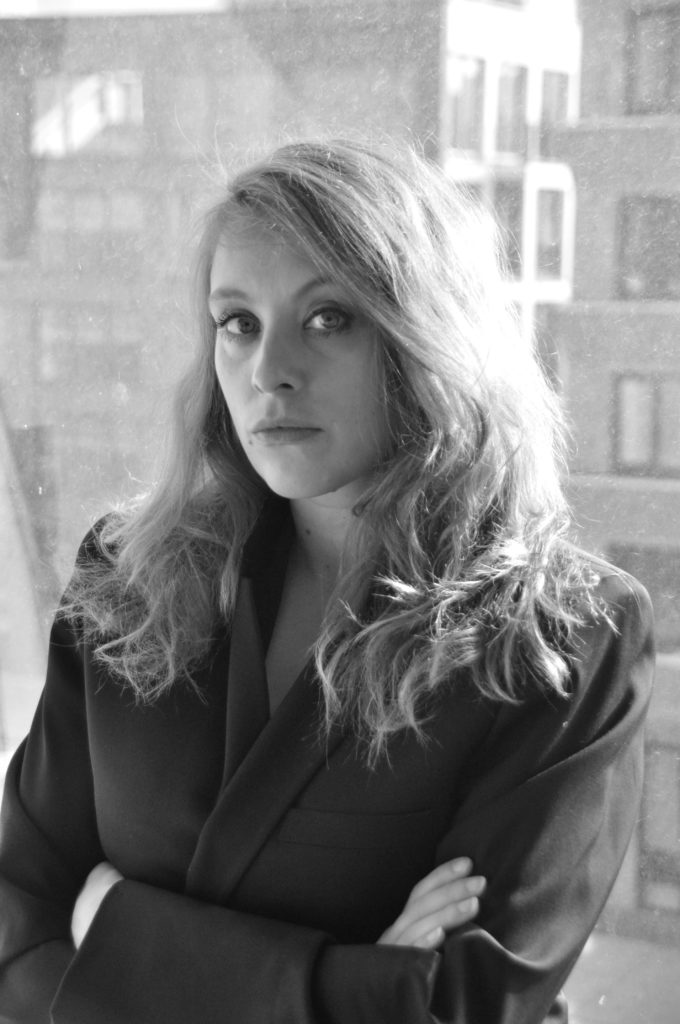
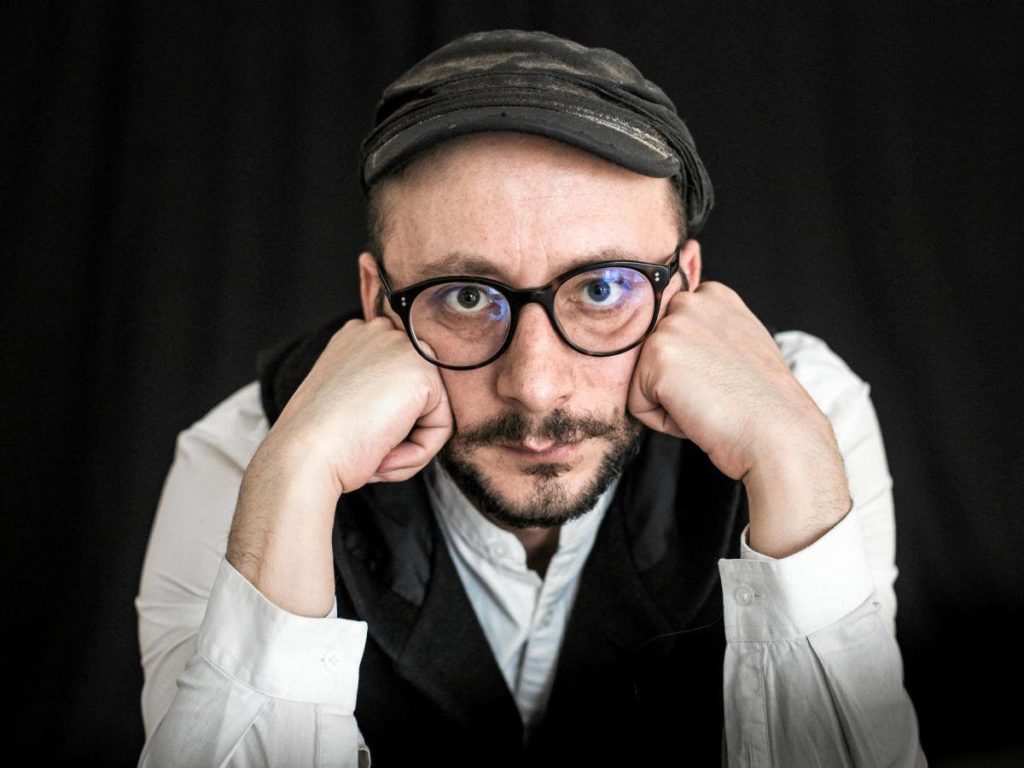
Paweł Passini
Paweł Passini is a theatre director and composer and is one of the precursors of the interactive theater trend in Poland. He is the founder of the world’s first neTTheatre internet theater. A graduate of the Directing Department at the Theater Academy in Warsaw. Earlier, he studied philosophy and cultural studies at the University of Warsaw. As a graduation performance, he staged The Dybbuk by Szymon Anski at the Nowy Theater in Poznań. Associated with the Gardzienice Center for Theater Practices and the Grotowski Institute in Wrocław. He has worked, among others in: Israel, Finland, USA, India, Greece, Italy, Cyprus. Selected directing credits include: A premeditated crime by Witold Gombrowicz at the Municipal Theater in Gdynia, The Curse of Stanisław Wyspiański and Iphigenia in Euripides’ Aulid at the Teatr im. Kochanowski in Opole, Artaud – Sobowtór and his theater at the Studio Theater in Warsaw and Amszel Kafka [co-authored with Tomasz Gwinciński] at the Polski Theater in Wrocław. On August 1, 2008, at the Warsaw Uprising Museum, he prepared Hamlet 44 based on Shakespeare. In 2007, on the stage of Łaźnia Nowa in Kraków, he directed Resting – the first performance shown live on the Internet. In 2007, with the Chorea Theater from Łódź, he realized Sczeźli based on texts by Tadeusz Kantor.
Passini is scholarship holder from the Ministry of Culture and National Heritage, winner of the Golden Masks for Iphigenia in Aulid, Khazarian Dictionary – Children of Dreams, the Main Prize of the XXIX Opole Festival Konfrontacje Klasyka Polska for directing The Curse and the Konrad Swinarski for his production of Morrison / Śmiercisyn. He presented The Book of Brilliance at the FRINGE Festival in Edinburgh, where he received the Herald Angel and Total Theater Award. In addition to artistic work with his team, he also conducts laboratory and didactic activities, including an international research project on acting techniques in the ancient tragedy Dynamika Metamorphozy, carried out by the “Middle East” Artist Association from Lublin and the Grotowski Institute in Wrocław. Laureate of the ANGELUS award granted in Lublin to those who help and restore hope to others [2014].
Zuzanna Srebrna
Zuzanna Srebrna is a stage designer, sculptor, and costume designer, born in 1985 in Warsaw, Poland. In 2010 graduated from the Academy of Fine Arts in Warsaw both from the sculpture and stage design departments. Author of stage design, and costumes for over thirty theatrical performances. Among others: Hideout directed by P.Passini, which after tournee in Poland was presented also in China in Tianjin Grand Theater and in Harbin Grand Theater, Puppet. The Book of Splendour which has its first run at Edinburgh Fringe Festival in 2012, Halka at the Great Theater in Poznań (2015), Artaud. Wraith and his Theatre, Warsaw, Poland Three times she was awarded the Golden Mask by the Marshalls of Silesia and Opole Regions in the category of stage design for 2015 and 2014 – Dziady and Morrison – Son of Death directed by P.Passini , realised at the Puppet and Actor Theatre, Opole, 2013, “Dictionary of the Khazars. Children of Dreams”, directed by P. Passini, realised at Jan Kochanowski Theatre, Opole, Poland.Her stage design to Hideout was also awarded at XIX Interational Festival of Theaters for children, Klamra Festiwal in Toruń, and it won grand prix of Kontrapukt Festival in Szczecin.
Author of scenography for the permanent exhibition “Soria Moria” at the European Tale Center (2017), installation “Dreams” during FFOL in Opole (2016) and scenography for the urban game titled “Syreny in Warsaw” at the Museum of Warsaw, (2015). In the years 2010-11 she was cooperating with Theater Academy in Warsaw. During scholarship Program in 2009, she realised performance “Supriz gun” under European Capital of Culture, Turkey, and participated in the 1st International Metal Symposium in Karabuk.
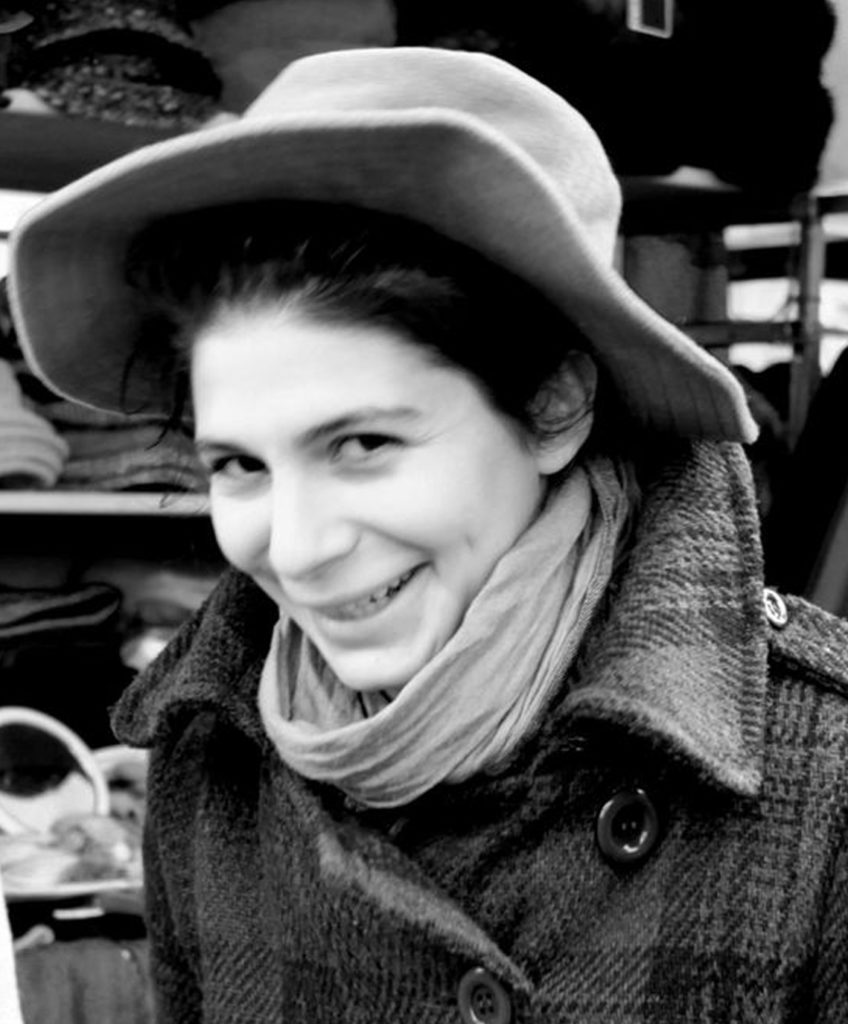

Mikołaj Traszka
Mikołaj Traszka is Polish musician, saxophonist, bass clarinetist and film composer. From 1988-91 he studied fine arts. His practice grew out of yass – an artistic and social movement that rebelled against the ossification of the Polish jazz community at the turn of the 1980s and 1990s. Trzaska, together with Tymon Tymański, co-founded the most important yass formation – the legendary group, Miłość and the original Łoskot. Though the momentum of yass expired many years ago, he became a member of a great global family of avant-garde musicians as well as a leading figure on the domestic improvised scene. After the yass period, he recorded a few focused and quiet albums with the Oleś brothers (Marcin and Bartłomiej). He also accompanied poets – Marcin Świetlicki and Jurij Andruchowycz, and created music and literary projects with Andrzej Stasiuk. Today he is the leader of the IRCHA clarinet quartet, the international trio Volumen, Riverloam and the Inner Ear quartet. He is a member of the Shofar group – performing Jewish music. Most of all, however, he defines himself on the basis of radical jazz, cooperating with the leaders of the global free improvisation scene, such as: Peter Brötzmann, Joe McPhee, Ken Vandermark, Steve Swell, Peter Ole Jorgensen, Per-Ake Holmlander, Peter Friis Nielsen, Michael Zerang, Mark Sanders, John Tchicai, Lester Bowie, Tomasz Stańko. More recently, he has become a recognized film composer, collaborating frequently with Wojciech Smarzowski. He created music for the following films: Dom Zły, Róża, Pod Mocnym Aniołem, Drogówka, Wołyń and Kler. Together with his wife Aleksandra, he runs the Kilogram Records publishing house.
